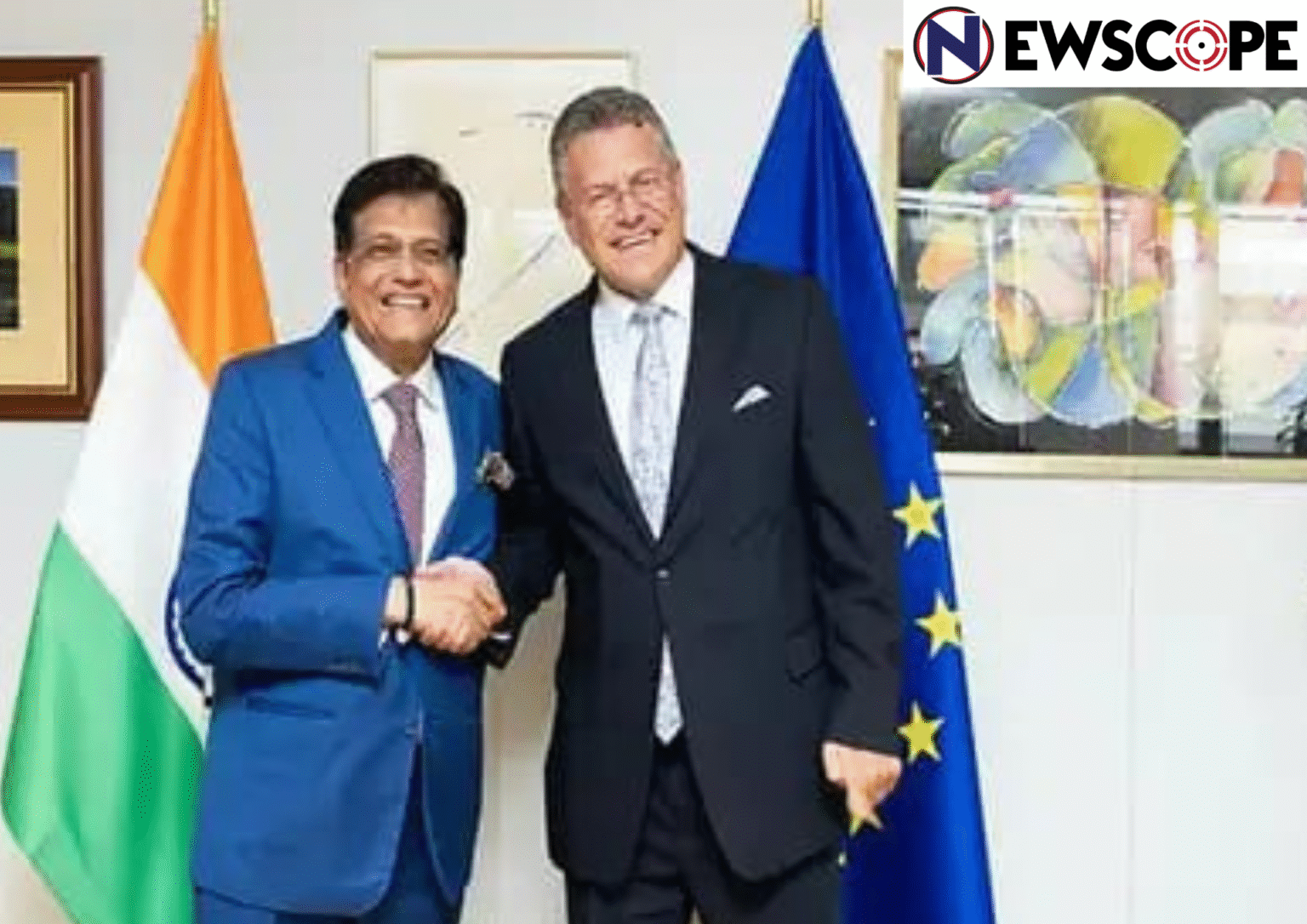Industry and commerce minister Piyush Goyal on Saturday said that free trade agreement between India and the four-nation European bloc EFTA will come into force from October 1,2025.
On March 10, 2024, India signed an agreement with a group of four European countries . These countries are Switzerland, Iceland, Norway, and Liechtenstein.
This new deal is great for India because it means that Indian products and services will have easier access to sell in these four wealthy European markets. But it’s not just about selling goods! The agreement also opens the door for a massive amount of money to be invested in India. Over the next 15 years, these EFTA countries have promised to invest an impressive $100 billion in India. This is a very significant commitment and could lead to many new businesses, jobs, and overall economic growth for India. It’s a win-win situation that will strengthen the ties between India and these European nations.
The European Free Trade Association (EFTA) trade pact, the negotiations which began in 2008, includes 100% market access to Indian non-agricultural products and concessions on processed agricultural products (PAP), while keeping primary agricultural products out of the ambit of the pact.
EFTA countries will much lower their import taxes on almost all Indian goods coming into their market. In return, India will also reduce import taxes on most of the products coming from EFTA nations.
However, there’s one big exception that is the import tax on gold will remain untouched at 15%, even though gold makes 80% of what EFTA countries send to india.
This trade deal makes it easier for skilled people like nurses, accountants, and architects from India to work in the four European Free Trade Association countries. They will recognize each other’s qualifications, creating more job chances and opportunities for Indians.
Both sides have agreed to stick to the strong rules of the agreement when it comes to intellectual property, which means India’s needs for generic medicines are met, and worries about evergreening of patents have been fully taken care of.



